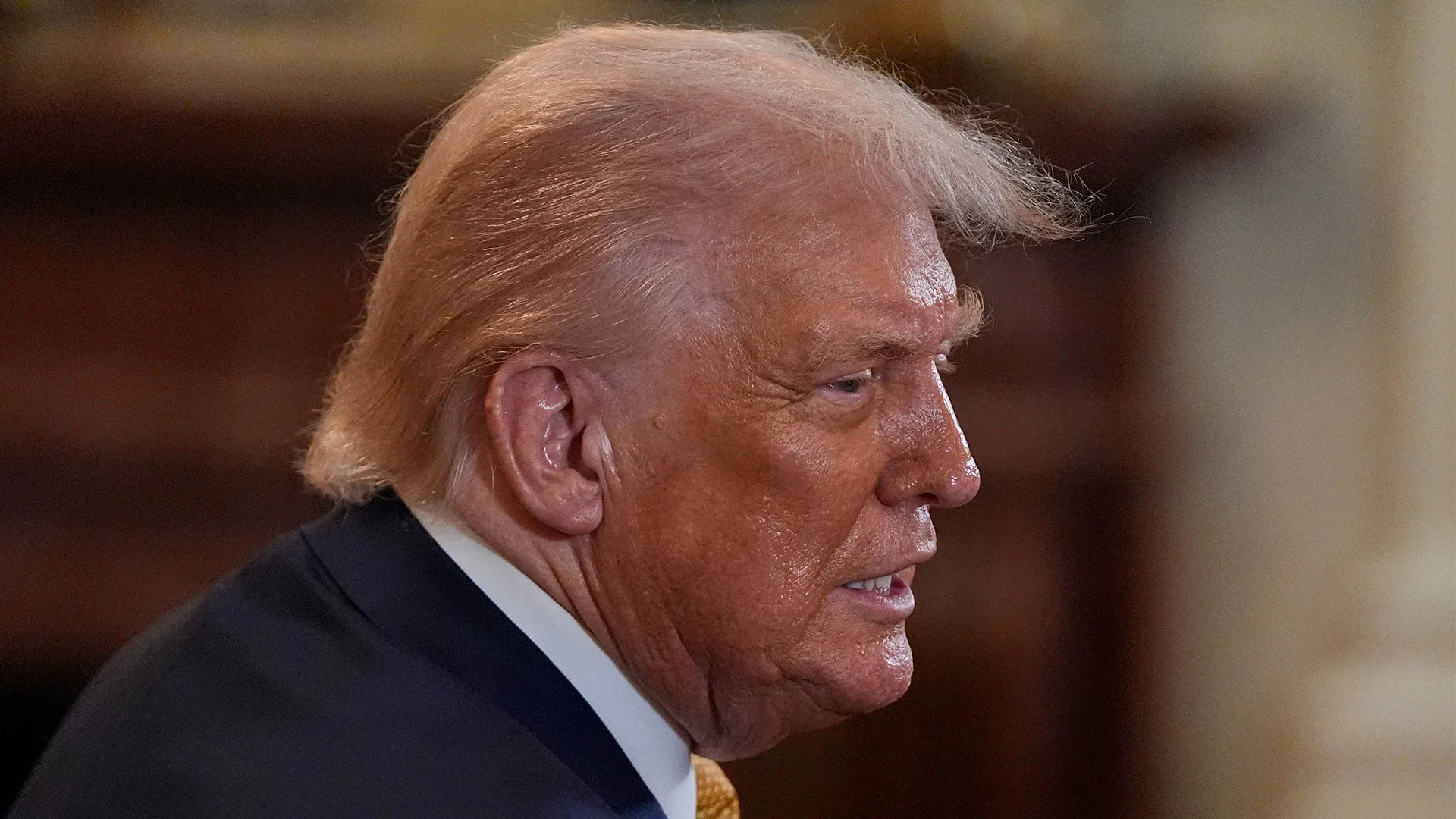
"U.S. automakers are concerned that the 15% tariff on Japanese vehicles will create a competitive disadvantage, as they face higher import taxes on steel, aluminum, and parts."
"The president of the American Automotive Policy Council remarked that American companies and workers are at a disadvantage due to higher tariffs on materials compared to Japanese competitors."
"The United Auto Workers expressed anger over the deal, stating it failed to hold Japanese automakers to the same standards that U.S. workers have fought for."
"The UAW criticized the agreement for potentially becoming a model for future trade deals, arguing it rewards low standards instead of promoting fair trade."
President Trump's agreement to impose a 15% tariff on Japanese vehicles raises concerns among U.S. automakers about competitive disadvantages. They cite significantly higher tariffs on steel and aluminum, as well as parts, compared to their Japanese counterparts. The American Automotive Policy Council suggests that U.S. companies face challenges due to these uneven tariffs. The United Auto Workers expressed strong dissatisfaction with the agreement, stating it should have held Japanese manufacturers to the same labor standards as domestic companies, warning against trade deals that lower standards.
Read at Fast Company
Unable to calculate read time
Collection
[
|
...
]